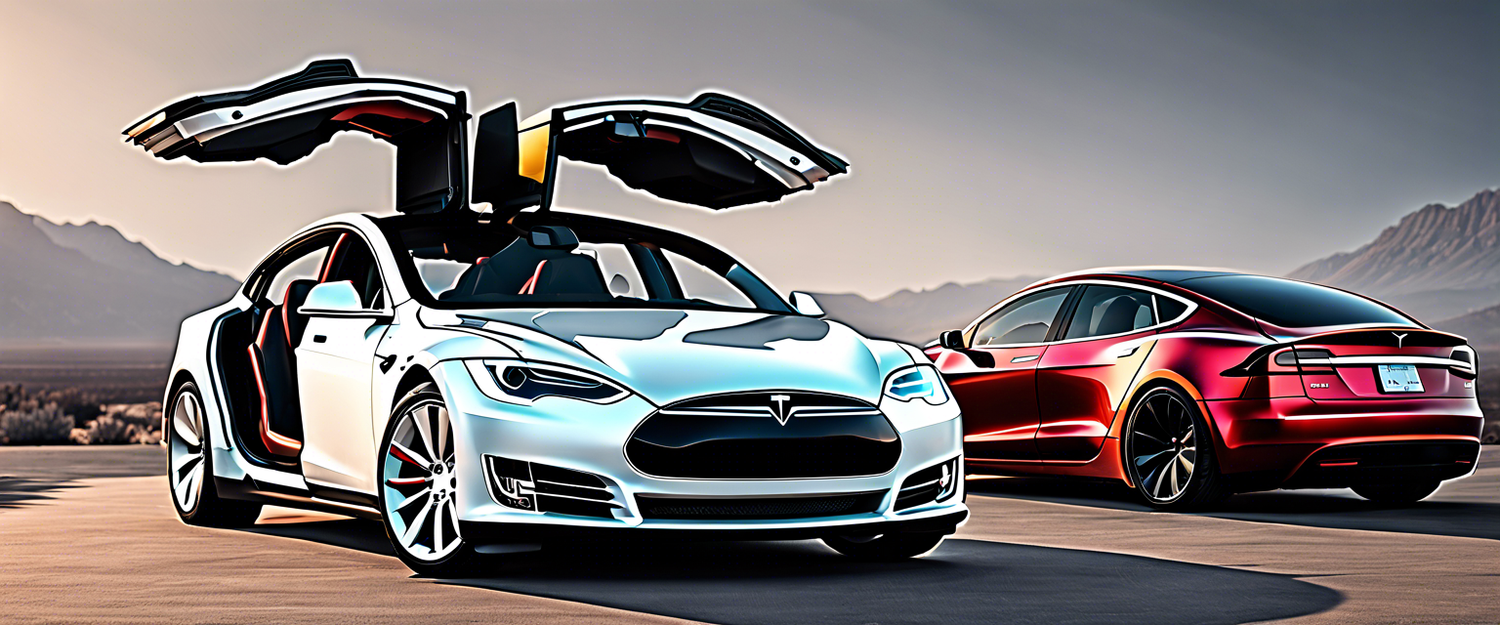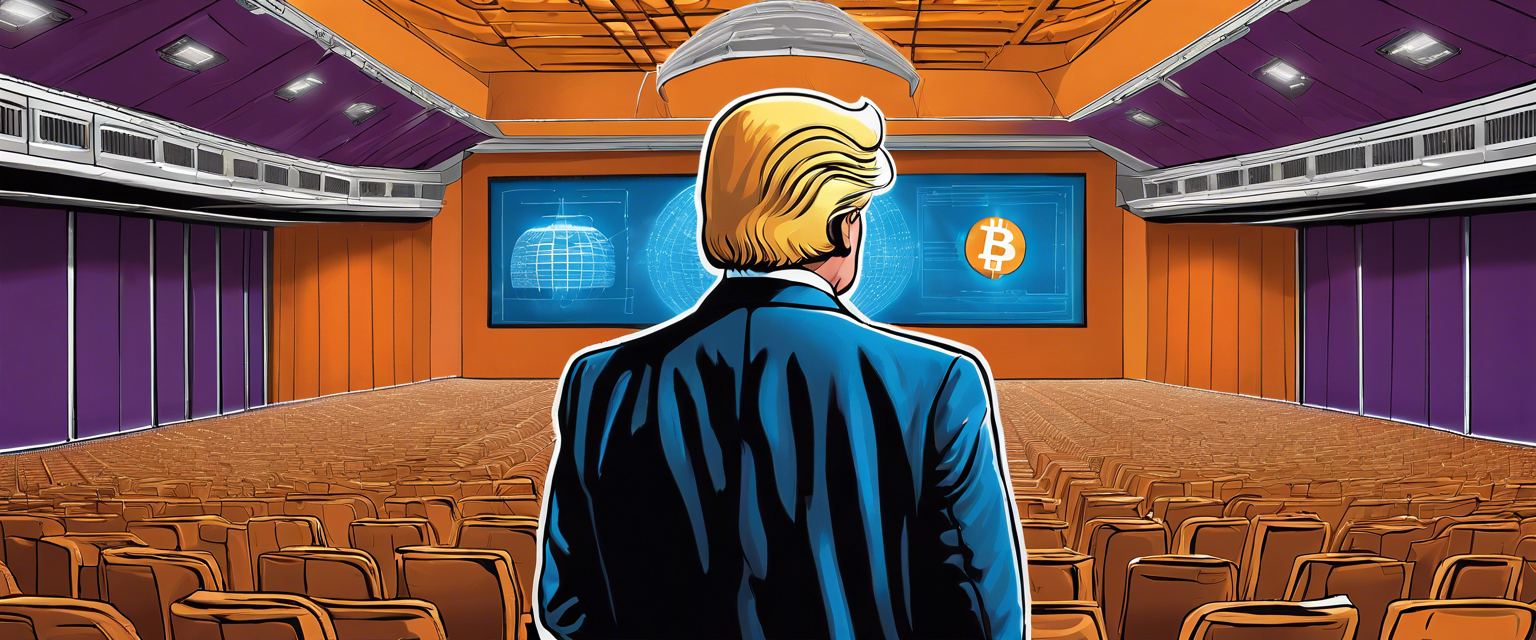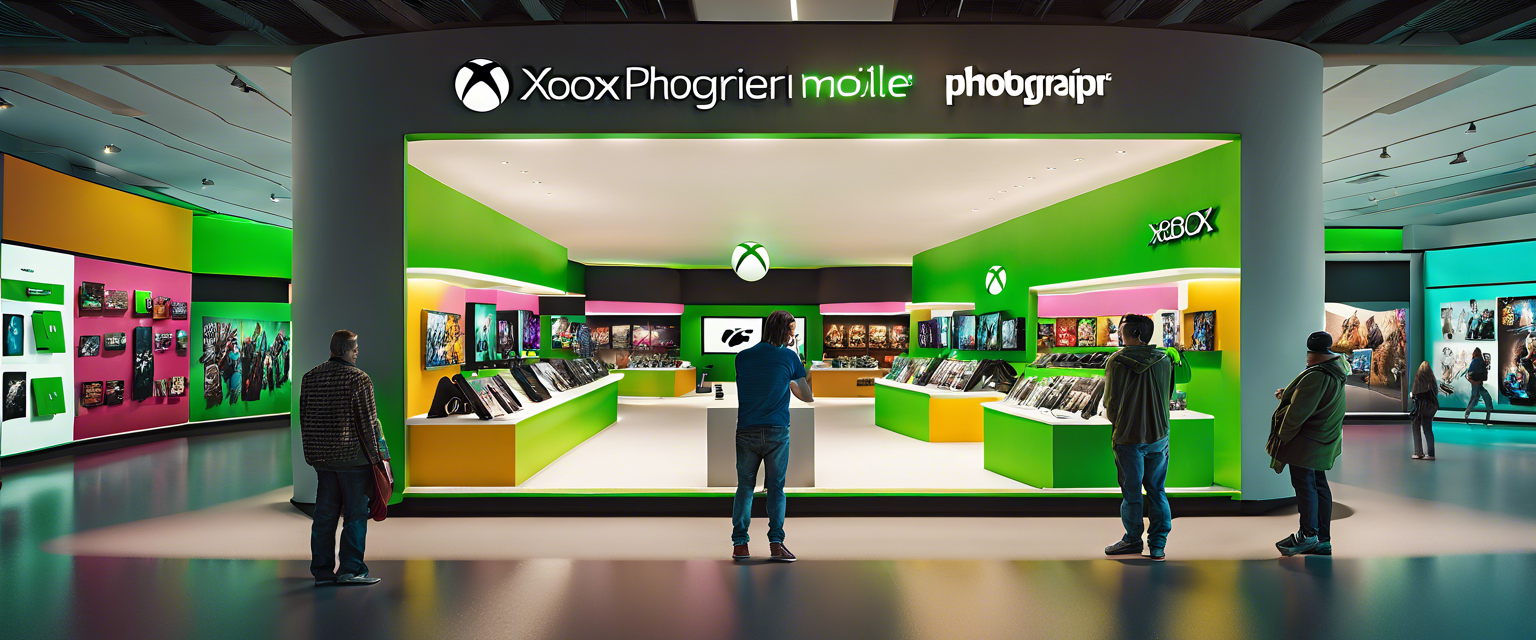Tesla vs. EVject: A Legal Battle Over Safety in Electric Vehicle Charging
Tesla is making headlines with its recent legal action against EVject, a company that has developed a MagSafe-style connector designed for electric vehicle (EV) owners seeking a swift escape from charging stations in threatening situations. The automaker has expressed serious concerns about the safety of the Escape Connector, suggesting that it could pose significant risks to both users and property. In this article, we will delve deeper into the reasons behind Tesla's lawsuit and the implications it may have for the future of EV charging technology.
The Lawsuit Details
The lawsuit was filed in the US District Court for the Northern District of California, where Tesla claims that the Escape Connector is "highly unsafe and poses a high risk of injury to person and/or property." In its bold move, Tesla is asking the court not only to prohibit EVject from labeling the product as safe but also to ban the importation of the adapter into the United States. Moreover, they are seeking damages of no less than $75,000.
Evidence of Safety Concerns
Tesla backs its allegations with data obtained during testing of the North American Charging Standard (NACS) version of the EVject accessory. They conducted a high-current simulation using their Supercharger cable and a vehicle EV port, discovering that the Escape Connector can reach temperatures as high as 100 degrees Celsius (212 degrees Fahrenheit) while DC fast-charging at 420 amps. This alarming finding raises concerns about the risk of burns and fire hazards during charging.
Promotional Tactics Under Scrutiny
EVject's marketing tactics also come under scrutiny, as they depict scenarios where EV owners might feel threatened while charging, implying that their product is essential for safety. The company promotes the Escape Connector as a solution for those who might need to make a hasty getaway without the inconvenience of having to unplug from the charger manually. However, Tesla argues that this fear-based marketing could mislead consumers and elevate risks associated with the product.
Compatibility and Industry Implications
EVject has positioned its Escape Connector as "fully compatible" with NACS vehicles, explicitly listing multiple Tesla models in its advertising. Given Tesla's dominance in the electric vehicle charging sector, the implications of the lawsuit could be far-reaching. Tesla contends that the Escape Connector could also compromise its own charging cables, heightening the potential for damage.
The Future of EV Charging Safety
This lawsuit highlights the growing need for safety standards within the rapidly expanding EV market. With increasing numbers of EVs on the road, incidents involving charging station safety are becoming more prevalent. The outcome of Tesla's legal battle with EVject could set important precedents regarding the regulation and marketing of charging accessories.
Conclusion
The ongoing legal battle between Tesla and EVject serves as a stark reminder of the complexities involved in electric vehicle technology and safety. As the EV market continues to grow, businesses need to prioritize customer safety and transparency. The final ruling on this lawsuit could not only affect EVject but also shape the future landscape for charging technologies and related innovations in the EV sector.



Laat een reactie achter
Alle reacties worden gemodereerd voordat ze worden gepubliceerd.
Deze site wordt beschermd door hCaptcha en het privacybeleid en de servicevoorwaarden van hCaptcha zijn van toepassing.